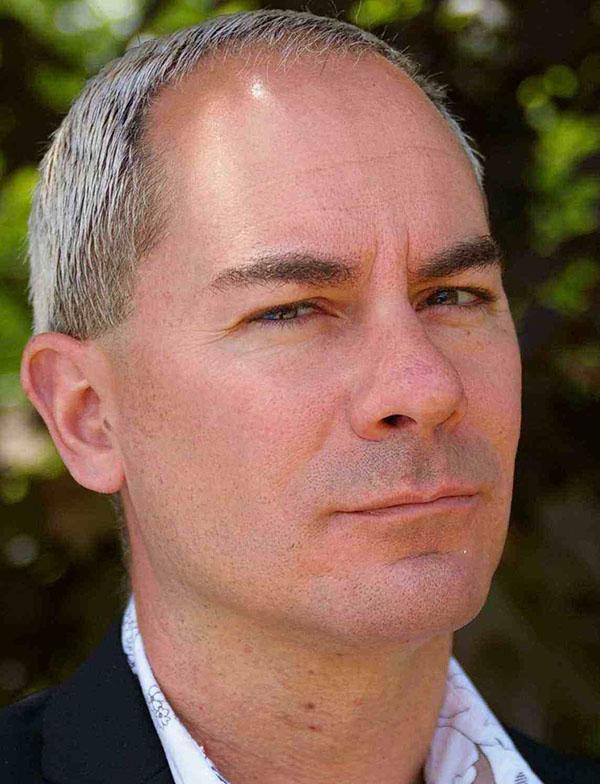On the Record: Prof. Tim Scholl, director of annual Translation Symposium
Professor of Russian and Comparative Literature Tim Scholl is the acting chair of the Comparative Literature Program, which sponsors the annual Translation Symposium.
April 4, 2014
On Tuesday the Comparative Literature department will host its annual Translation Symposium. The Review sat down with Tim Scholl, professor of Russian and Comparative Literature and this year’s director of the event, to talk about its history, impact on students and what to look forward to next week.
Tell me a little bit about the Translation Symposium and its background
It is an opportunity for students to create and perform their own translations. Students will read the original, then their translation and have the opportunity to get feedback. We put them all into a big booklet, so we can follow along during the symposium. It is now 12 years old and was dreamt up by [Professor of Comparative Literature and English] Jed Deppman, and it comes out of the introductory Comparative Literature course that features translations as one of the major themes. Students are just wild about translation. It’s the topic that everyone is crazy about and can’t get enough of. This led us to want to do more. We decided that we could make what we now fondly call the “Translation Party.”
What is your role in the Symposium?
My role is to try to coordinate all of the loose ends. We invite submissions from students who will consult with me about appropriate material. [The language professors] try to help students choose pieces that will work well in the setting. A short lyric poem is great, but with prose you are translating something from nowhere and you need to give a bit of context. We offer advice, but we generally tell them, “It’s your translation.” Ultimately they are responsible, and we trust them. I have to say that most of the translations are pretty fantastic.
Why is this an important part of the Comparative Literature program?
I can’t really even describe how much fun it is to see a bunch of Oberlin students get up and translate from Albanian and Bulgarian and Thai and Czech and Greek and Latin and on and on. You realize what an incredible diversity of students and experiences we have here. This really drives the point home.
How do you think the Symposium contributes to the arts at Oberlin?
Translation is a performance within itself, moving from one language or meaning to another and working to keep the essence of the work. We’ve lost some oral traditions and all those things that are often considered the basis of literature. It’s great to go back to the art itself and have them perform. You’d be amazed about how well students do this. They really step it up.
How much time have the students committed to their translation projects?
A surprising amount of time. These are things that students are doing on their own over the summer and in their free time. We facilitate the interest in our introduction classes and then help foster that interest. Then students just go off. One of the translations in Russian this year is an entire novel. He’s a native speaker who has never taken a Russian class here, and he came into my office and said, “I love [Bulgakov’s] Master and Margarita, and I hate the translations. I’m going to do my own.” He’s that passionate about the novel.
Why this effort? What is so unique about the translation process?
You begin to see that there is a web of communities that is formed around the effort and concept, and people want to share these translations. This again gets to the heart of the process of translation in the first place — it is a form of communication, sharing not only literature and language but also culture. The students are very sensitive to that. We are past a stage where people like my grandparents would immigrate and try to assimilate as fast a possible. We are at a point where people realize the importance of holding on to their language and culture. We are not just Anglophones anymore, and translation is going to be very important for our future.
What can we look forward to for this year?
This year we have a translation in Thai, which is new. We also have one [student] doing a translation into American Sign Language. It’s very cool because she is very interpretive and it’s very much a performance. There will be a lot of other fun things popping up through the program, too. This is going to be a good year.


























